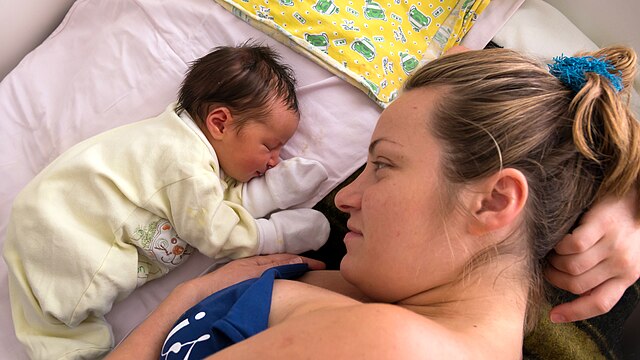Introduction
Welcoming a new baby into the family is often portrayed as a joyous occasion filled with love and excitement. However, for many new mothers, the postpartum period can bring unexpected challenges, including postpartum depression (PPD). PPD can have a significant impact on a woman’s mental health, as well as her relationships, including her partnership with her significant other. In this comprehensive weblog, we will explore how partners can effectively communicate about PPD, offer support, and navigate this challenging time together.
Initiating the Conversation
Talking to your partner about PPD can be challenging, but it’s essential for both of you to feel supported and understood. Here are some tips for initiating the conversation:
- Choose the right time and place: Find a quiet, comfortable space where you can talk without interruptions. Avoid discussing sensitive topics during times of stress or conflict.
- Use “I” statements: Instead of placing blame or accusing your partner, focus on expressing your feelings and concerns using phrases like, “I’ve noticed that you seem…” or “I’m worried about how you’ve been feeling lately.”
- Be empathetic: Validate your partner’s feelings and let them know that you’re there to support them through this difficult time. Avoid minimizing their experiences or offering unsolicited advice.
- Listen actively: Allow your partner to express themselves without interrupting or judging. Show empathy and understanding by listening attentively to what they have to say, even if it’s difficult to hear.
Providing Support
Once you’ve opened the lines of communication, it’s essential to provide ongoing support for your partner as they navigate their PPD journey. Here are some ways you can support your partner:
- Encourage professional help: Offer to help your partner find a therapist or counselor who specializes in PPD. Therapy can provide valuable support and coping strategies for managing symptoms. You can offer to attend therapy sessions with your partner or provide transportation if needed.
- Share responsibilities: Take on additional household and childcare duties to alleviate some of the stress and pressure on your partner. Offer to help with tasks like cooking, cleaning, and caring for the baby so that your partner can focus on their recovery.
- Be patient and understanding: Understand that recovery from PPD takes time and may involve setbacks along the way. Be patient with your partner and offer them unconditional love and support, even on difficult days. Avoid placing pressure on them to “get better” quickly or “snap out of it.”
- Take care of yourself: Remember to prioritize your own mental and emotional well-being while supporting your partner through PPD. Seek support from friends, family, or a therapist if needed, and practice self-care activities that help you recharge and stay resilient.

Conclusion
Talking to your partner about postpartum depression can be a challenging but essential step in supporting their mental health and strengthening your relationship. By initiating open and honest conversations, providing ongoing support, and prioritizing self-care, you can navigate this challenging time together with empathy and understanding.
If you or someone you know is struggling with postpartum depression, know that help is available. Speak to a healthcare provider, reach out to loved ones, and remember that healing is possible.
Referecnes
- Montgomery, P., Bailey, P., Purdon, S. J., Snelling, S. J., & Kauppi, C. (2009). Women with postpartum depression:” my husband” stories. BMC nursing, 8, 1-14.
- Feeley, N., Bell, L., Hayton, B., Zelkowitz, P., & Carrier, M. E. (2016). Care for postpartum depression: what do women and their partners prefer? Perspectives in Psychiatric Care, 52(2).
- O’Hara, M. W., & Wisner, K. L. (2014). Perinatal mental illness: Definition, description, and aetiology. Best Practice & Research Clinical Obstetrics & Gynaecology, 28(1), 3-12. https://doi.org/10.1016/j.bpobgyn.2013.09.002
- Paulson, J. F., & Bazemore, S. D. (2010). Prenatal and postpartum depression in fathers and its association with maternal depression: A meta-analysis. JAMA: Journal of the American Medical Association, 303(19), 1961-1969. https://doi.org/10.1001/jama.2010.605
- Field, T. (2010). Postpartum depression effects on early interactions, parenting, and safety practices: A review. Infant Behavior and Development, 33(1), 1-6. https://doi.org/10.1016/j.infbeh.2009.10.005
- Paulson, J. F., Dauber, S., & Leiferman, J. A. (2006). Individual and combined effects of postpartum depression in mothers and fathers on parenting behavior. Pediatrics, 118(2), 659-668. https://doi.org/10.1542/peds.2005-2948
- World Health Organization. (2019). Maternal mental health. Retrieved from https://www.who.int/mental_health/maternal-child/maternal_mental_health/en/


